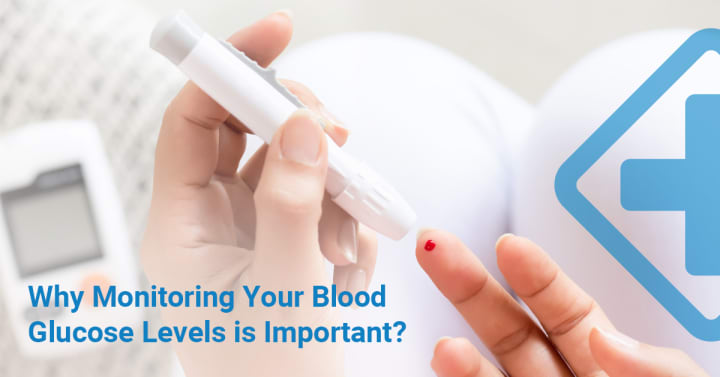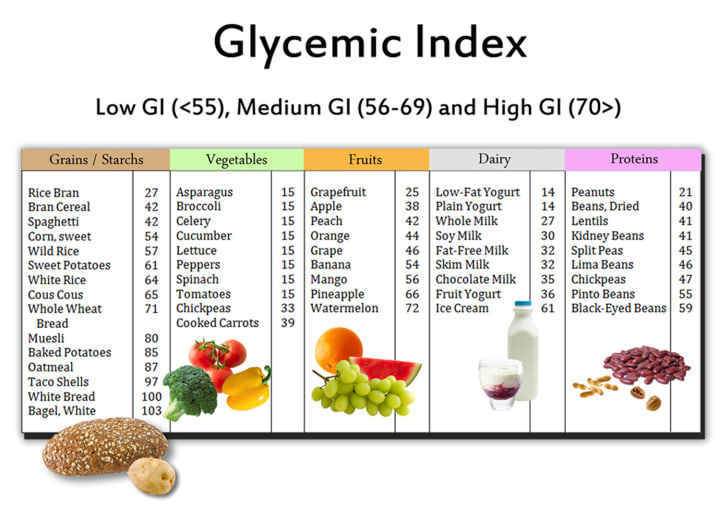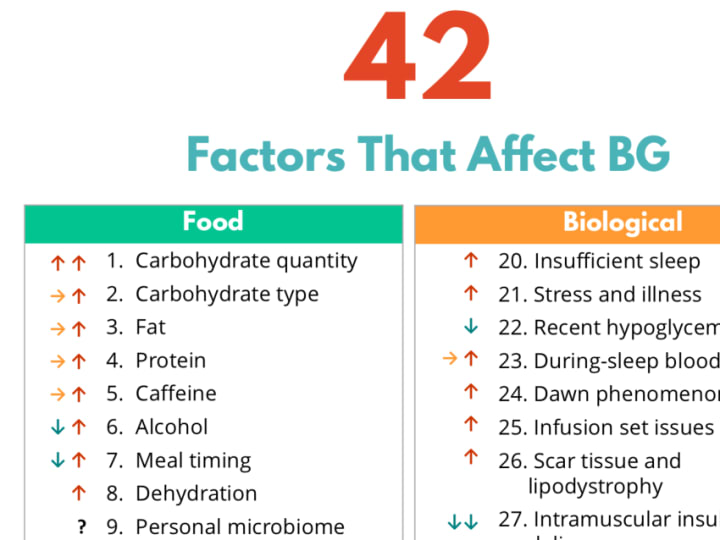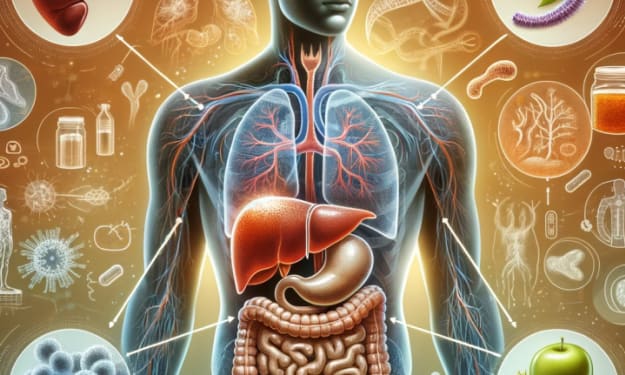2 Hours After Eating Blood Sugar: What You Need to Know
What You Need to Know

Introduction
Maintaining stable blood sugar levels is crucial for overall health and well-being. The body's ability to regulate blood sugar plays a vital role in energy levels, mood stability, and long-term health outcomes. One key aspect of blood sugar management is understanding how it changes after a meal. In this article, we'll delve into the significance of blood sugar levels 2 hours after eating, why it matters, and how you can take control of your glucose response.
2 Hours After Eating Blood Sugar: Exploring the Impact

When you consume food, especially carbohydrates, your body breaks it down into glucose—a form of sugar used for energy. The timing of when you measure your blood sugar levels can provide valuable insights into how efficiently your body processes glucose and maintains stable levels.
The Importance of Monitoring Blood Sugar 2 Hours After Eating

Keeping track of your blood sugar levels 2 hours after eating can provide crucial information about your body's ability to process carbohydrates. High blood sugar levels after a meal may indicate a delay in insulin release or insulin resistance, whereas consistently low blood sugar levels might suggest excessive insulin production or other underlying health issues. By monitoring your blood sugar within this timeframe, you can identify patterns and make informed decisions to optimize your well-being.
The Glycemic Index and 2 Hours After Eating Blood Sugar

The glycemic index (GI) is a scale that ranks carbohydrate-containing foods based on how quickly they raise blood sugar levels. Foods with a high GI value are rapidly digested and cause a more significant spike in blood sugar levels. On the other hand, low GI foods are digested slowly, resulting in a gradual and steady rise in blood sugar. Monitoring your blood sugar 2 hours after consuming foods with different GI values can help you understand their impact on your glucose response and make more informed dietary choices.
Factors Affecting Blood Sugar Levels 2 Hours After Eating

Several factors influence blood sugar levels 2 hours after eating, including:
- Meal composition: The macronutrient composition of a meal, such as the ratio of carbohydrates, proteins, and fats, can affect the body's blood sugar response.
- Portion size: Larger portion sizes often lead to a more significant increase in blood sugar levels, especially if the meal contains high-GI foods.
- Fiber content: Foods rich in dietary fiber tend to slow down digestion and absorption, resulting in a more gradual rise in blood sugar levels.
- Physical activity: Engaging in physical activity after a meal can help regulate blood sugar levels by increasing glucose uptake into the muscles.
- Stress levels: Stress hormones can influence blood sugar regulation, potentially leading to higher glucose levels after a meal.
- Medications: Certain medications, such as insulin or oral hypoglycemic agents, can impact blood sugar levels and should be taken into account when interpreting the results.
FAQs About Blood Sugar Levels 2 Hours After Eating
- Why is it important to monitor blood sugar 2 hours after eating?
Monitoring blood sugar levels 2 hours after eating allows you to assess your body's response to different foods and identify potential issues with glucose metabolism.
- What is considered a normal blood sugar level 2 hours after eating?
A normal blood sugar level 2 hours after eating is typically below 140 mg/dL (7.8 mmol/L), but the target range may vary depending on individual circumstances and medical advice.
- Can high blood sugar 2 hours after eating be a sign of diabetes?
Consistently elevated blood sugar levels 2 hours after eating might indicate impaired glucose tolerance or diabetes. It's essential to consult a healthcare professional for proper diagnosis and guidance.
- How can I lower my blood sugar levels 2 hours after eating?
To help regulate blood sugar levels, focus on consuming a balanced diet rich in whole foods, engage in regular physical activity, and manage stress levels effectively.
- Are there specific foods that can help maintain stable blood sugar levels 2 hours after eating?
Foods with a low glycemic index, such as whole grains, vegetables, and lean proteins, can help maintain more stable blood sugar levels after a meal.
- Should I be concerned if my blood sugar drops below normal 2 hours after eating?
If your blood sugar drops below normal levels (hypoglycemia), it may indicate an underlying issue. Consult with a healthcare professional to determine the cause and appropriate management strategies.
Conclusion
Monitoring your blood sugar levels 2 hours after eating provides valuable insights into your body's glucose response. By paying attention to this timeframe, you can make informed dietary choices, optimize your overall health, and manage conditions such as diabetes more effectively. Remember to consult with healthcare professionals for personalized advice based on your specific circumstances. Take control of your blood sugar levels, and embark on a journey toward better health and well-being.





Comments
There are no comments for this story
Be the first to respond and start the conversation.